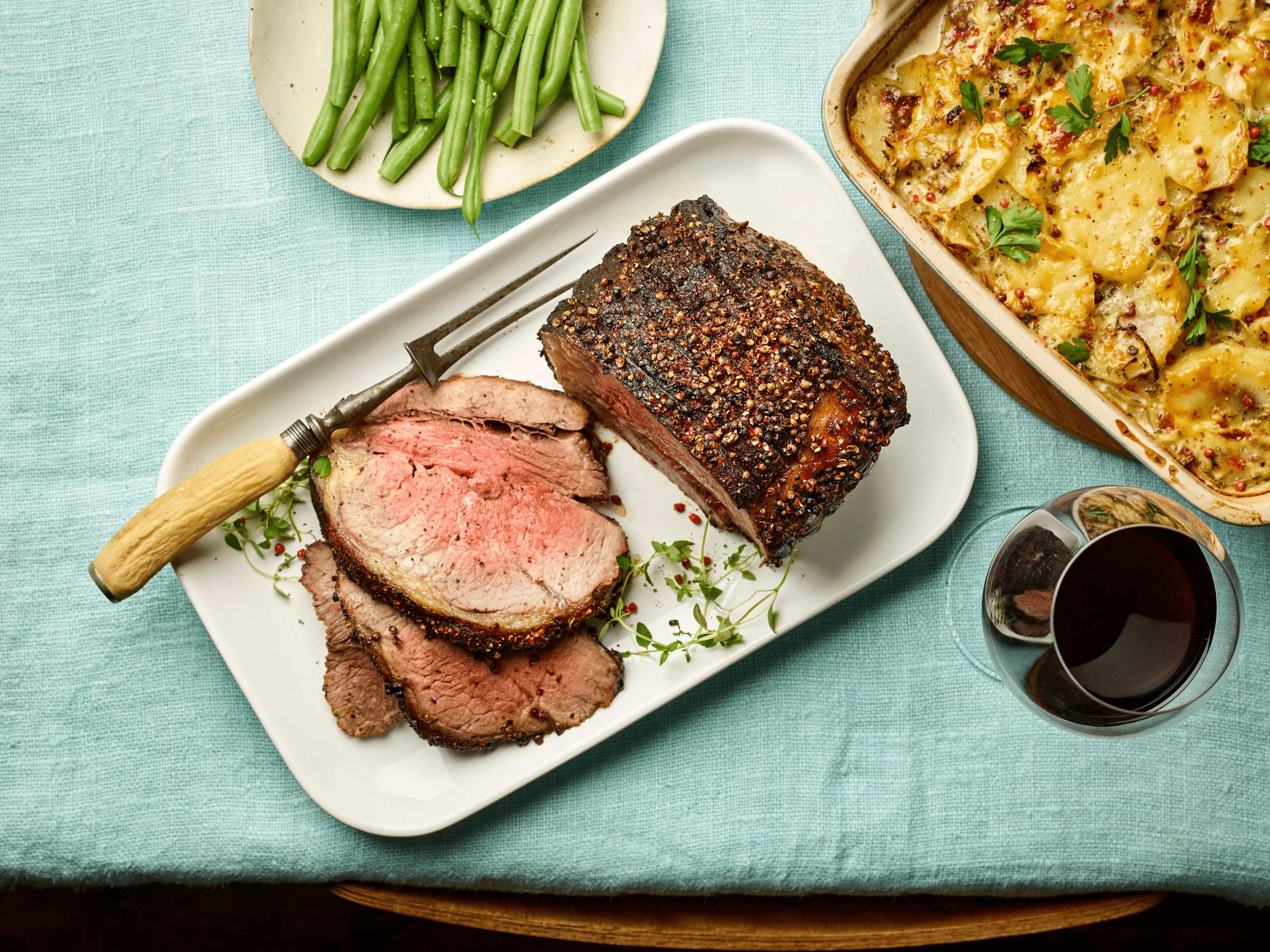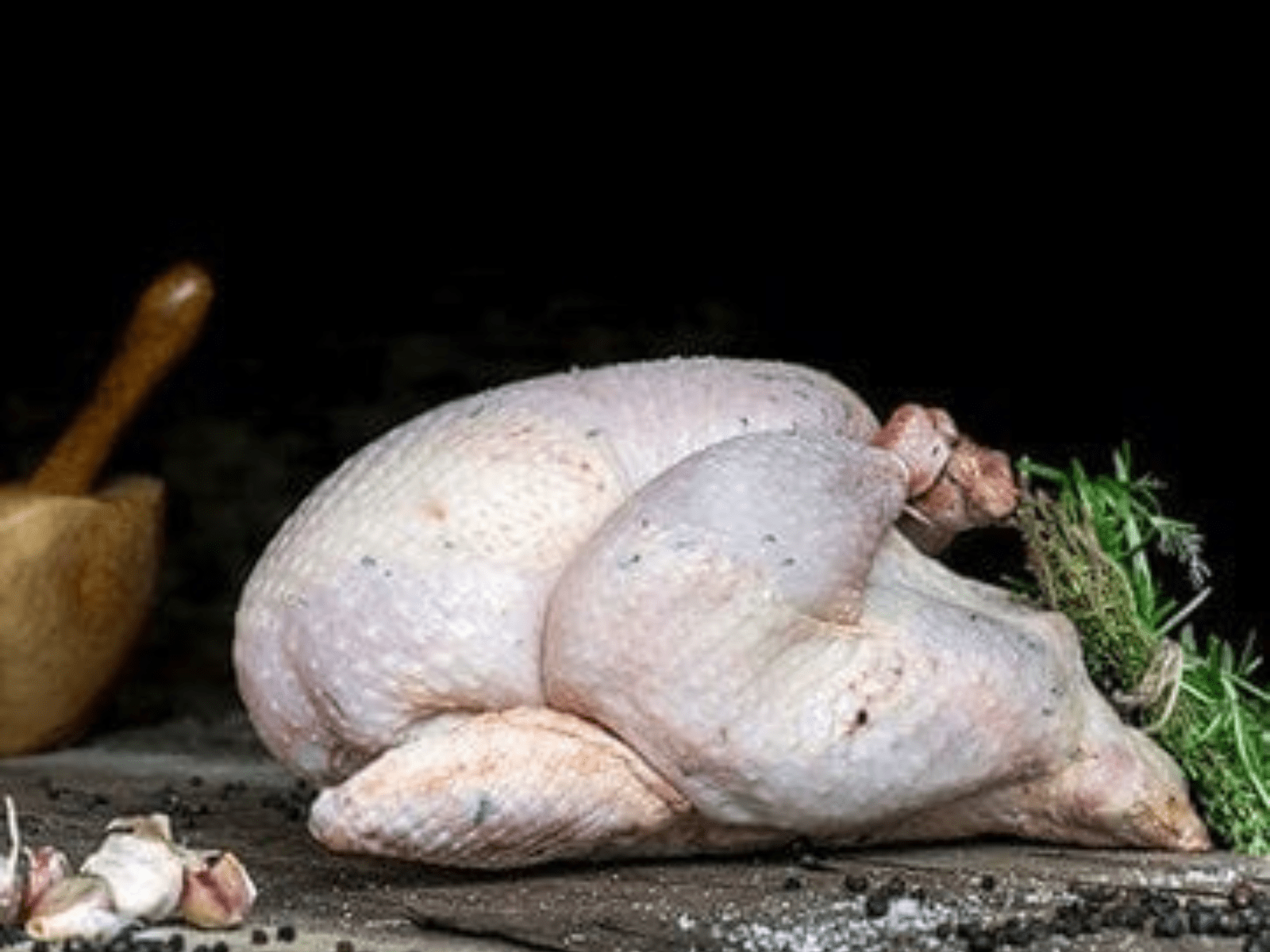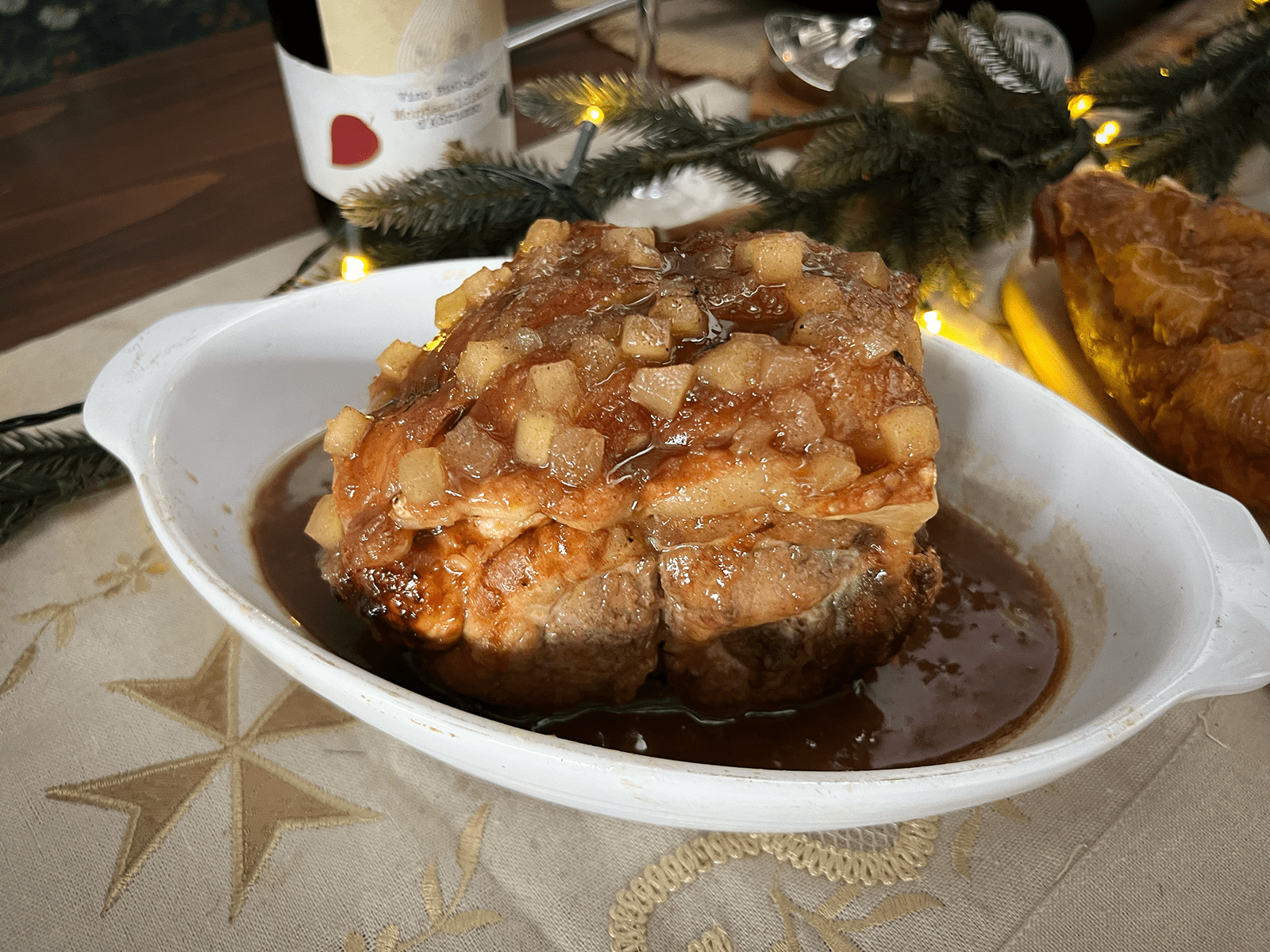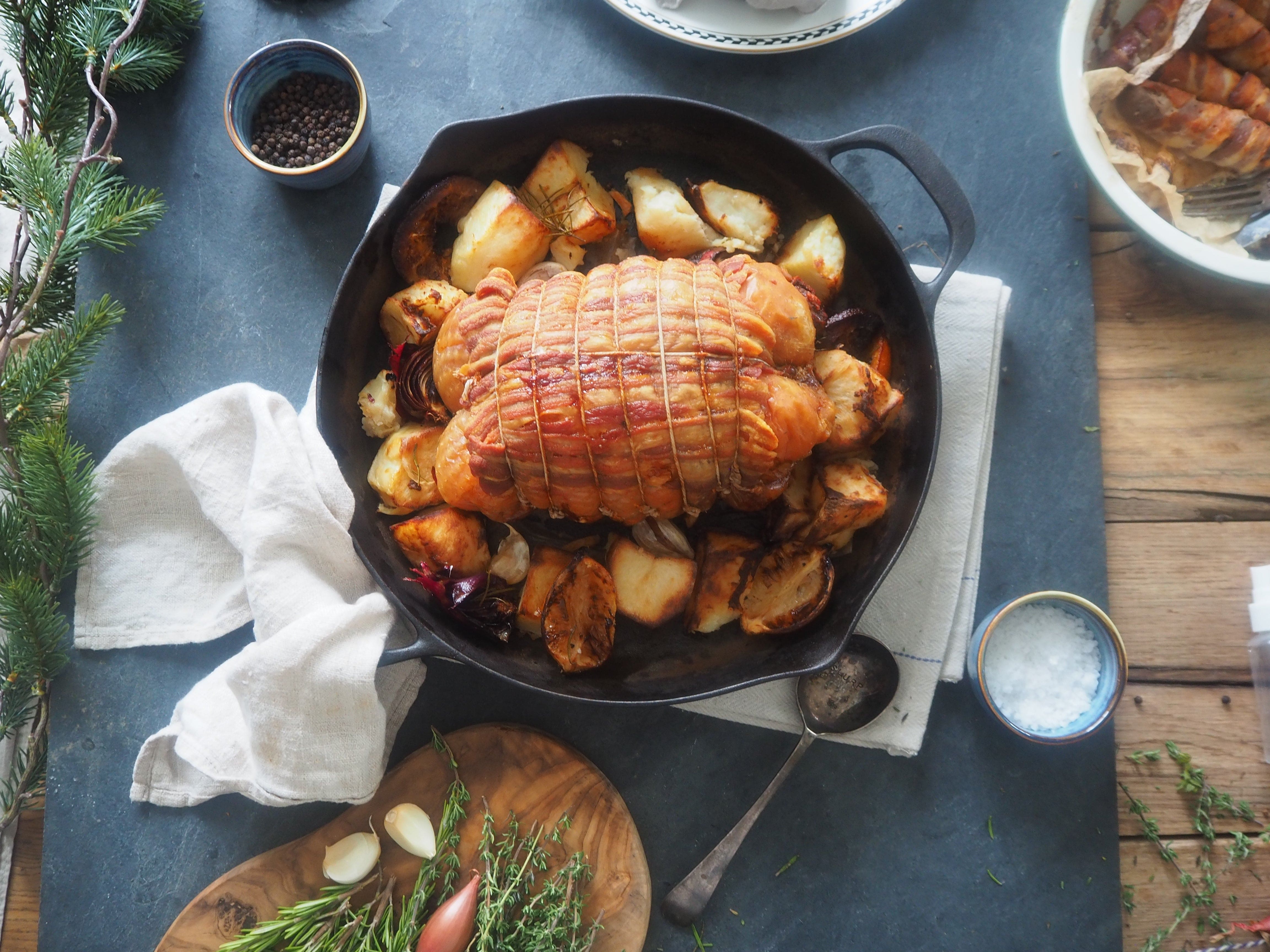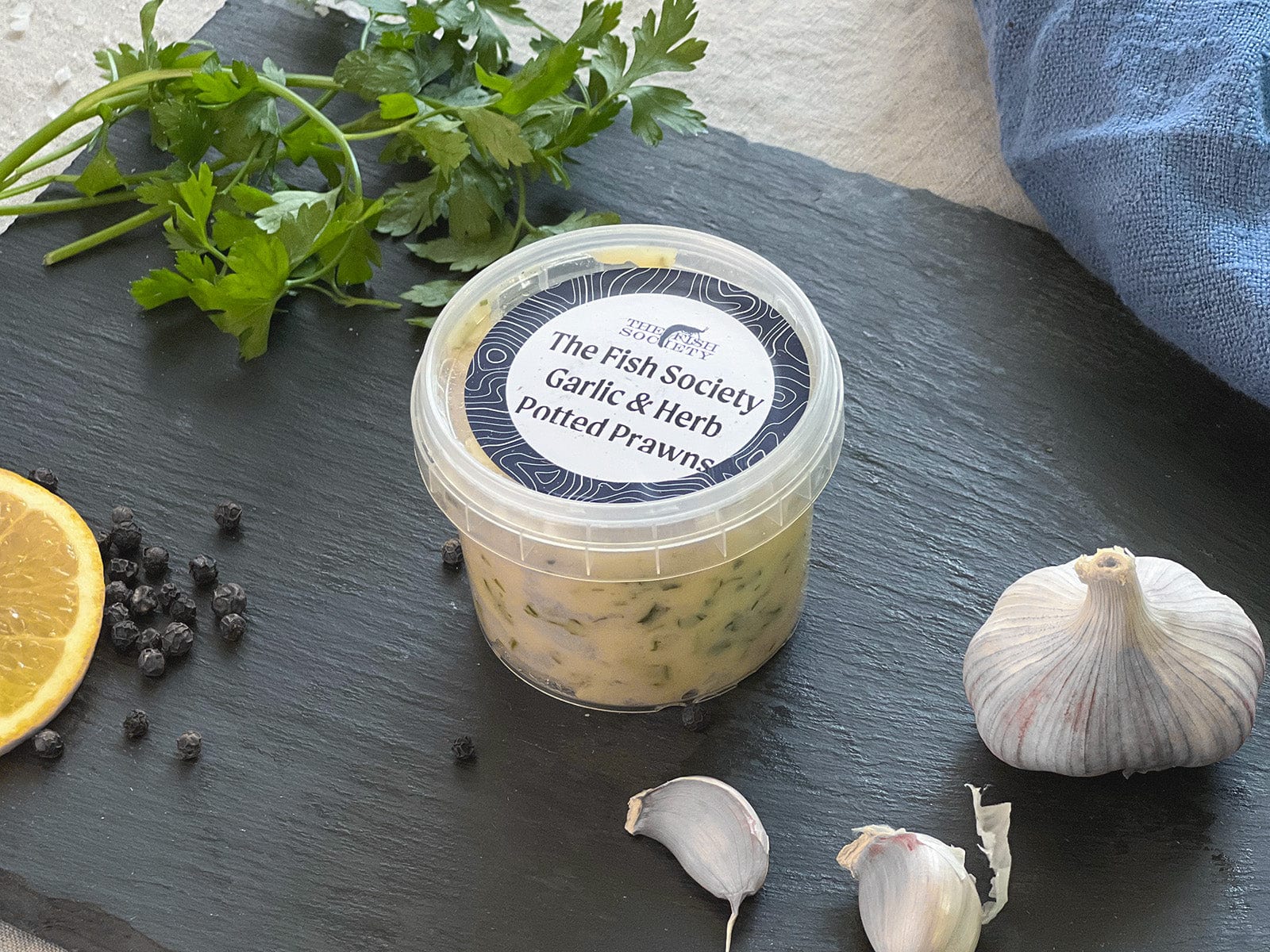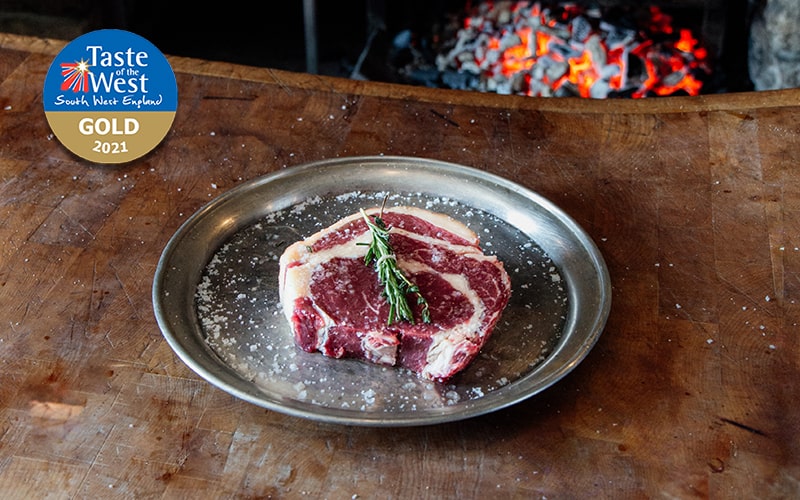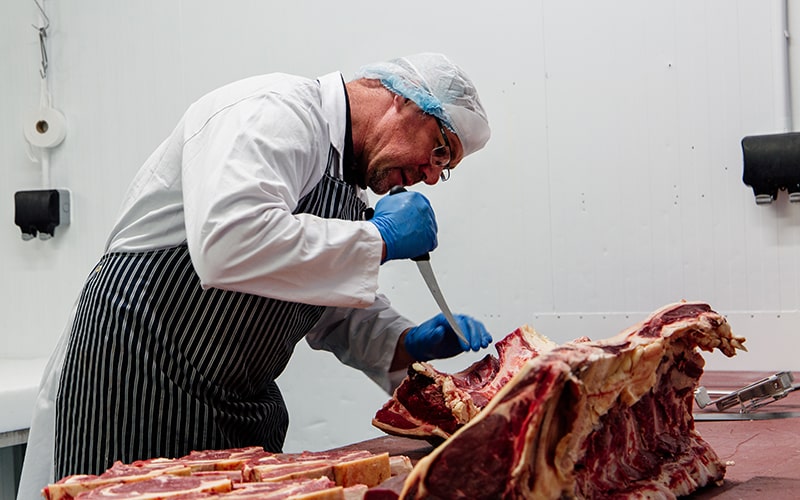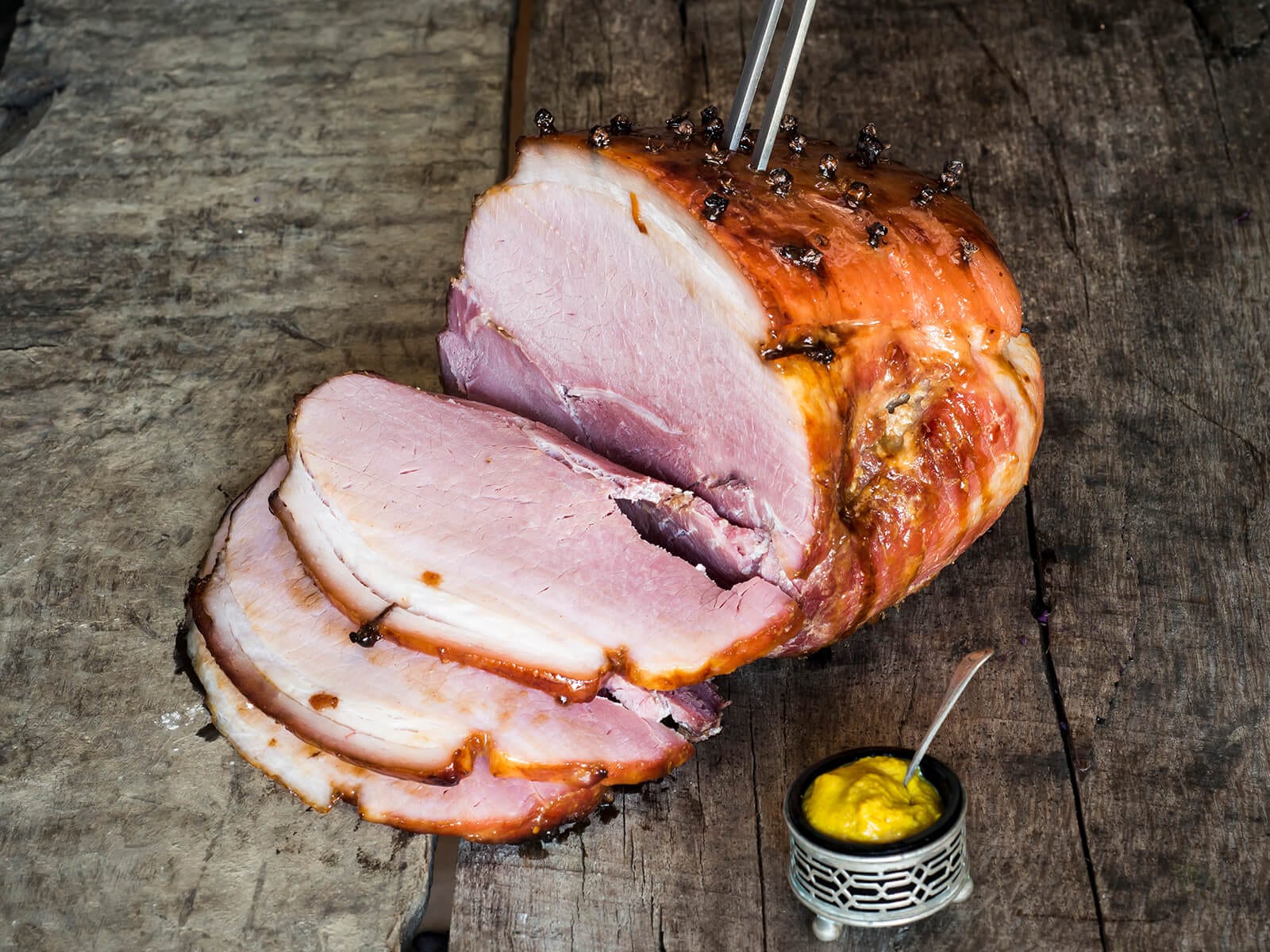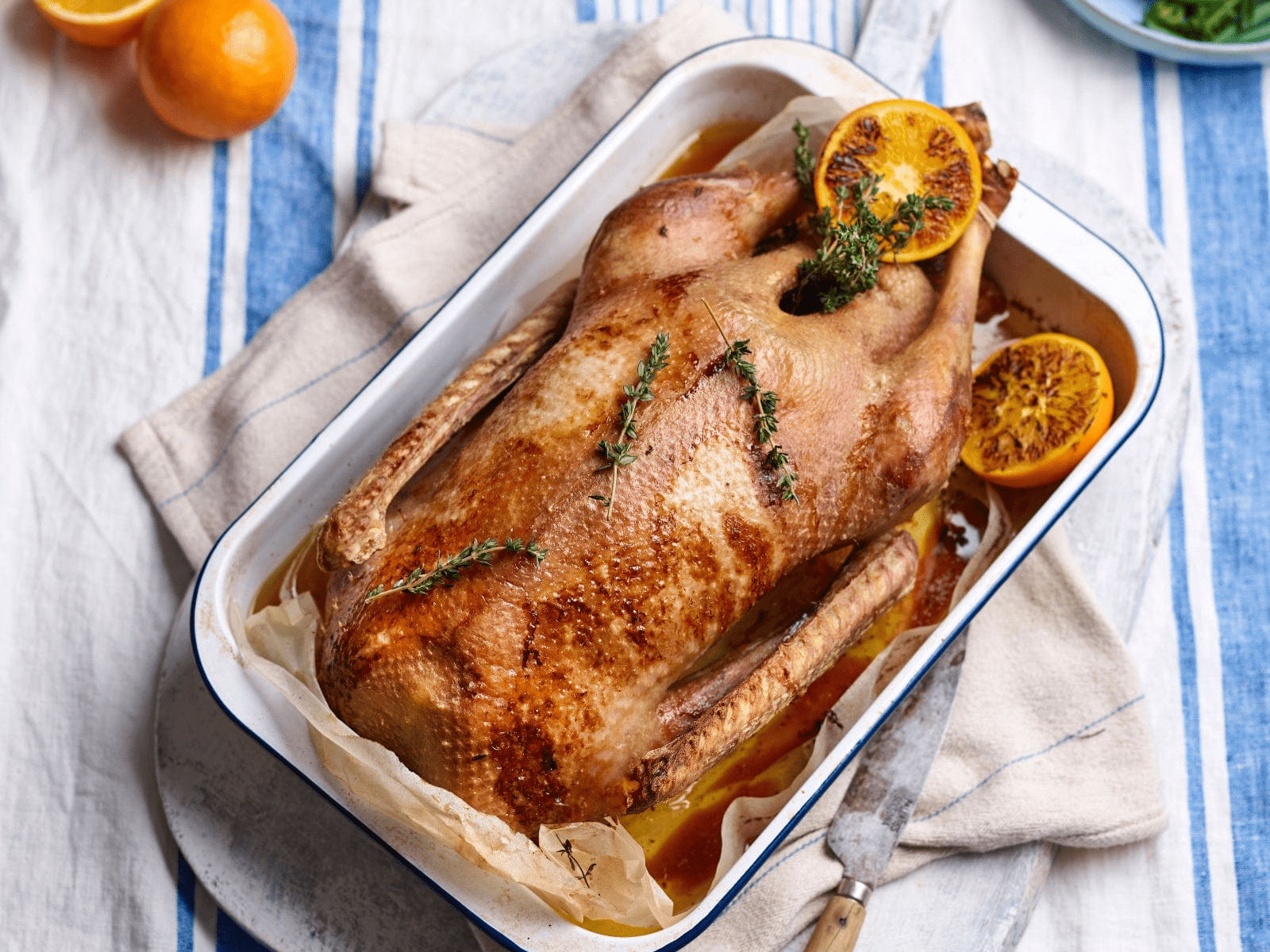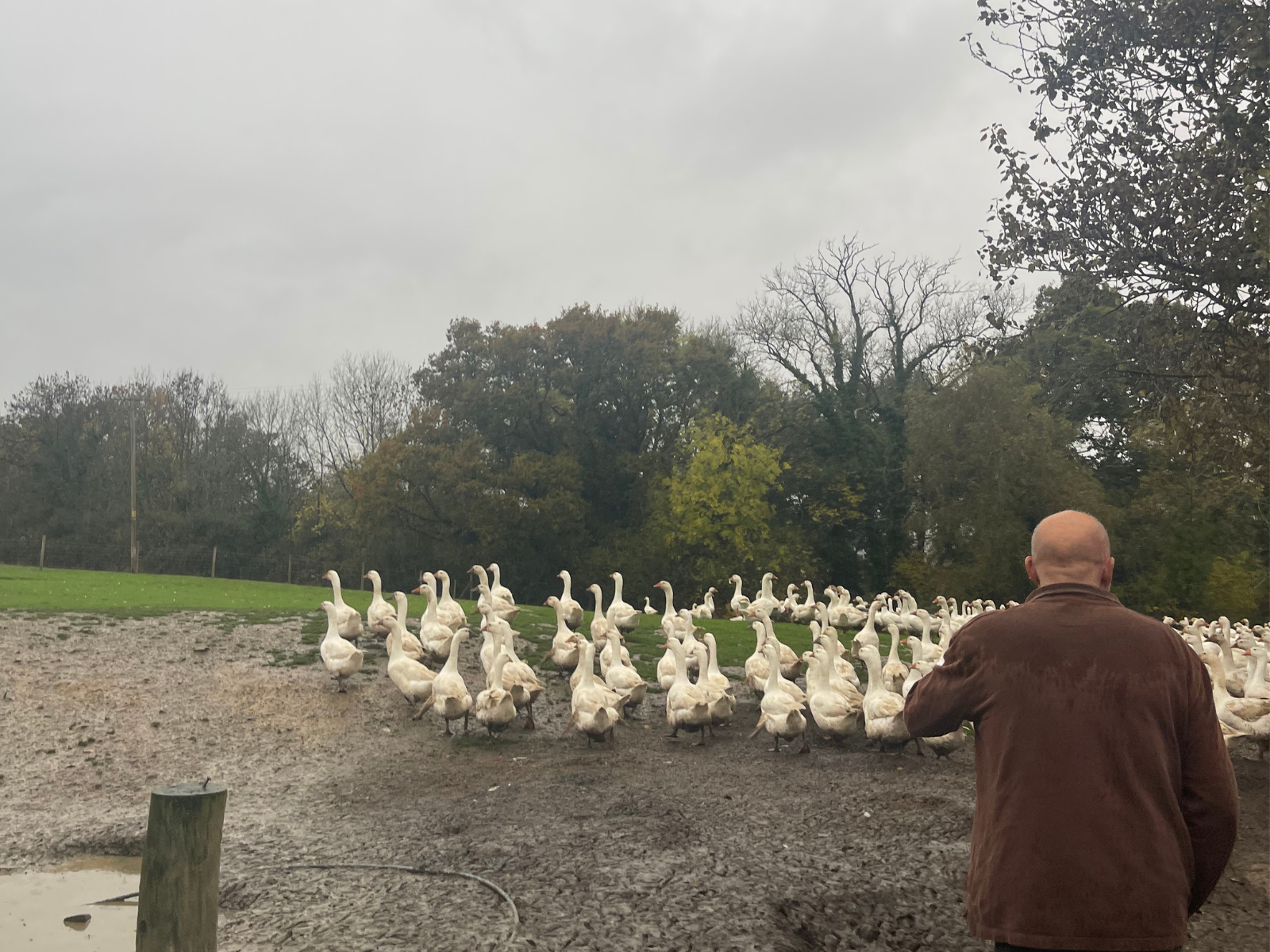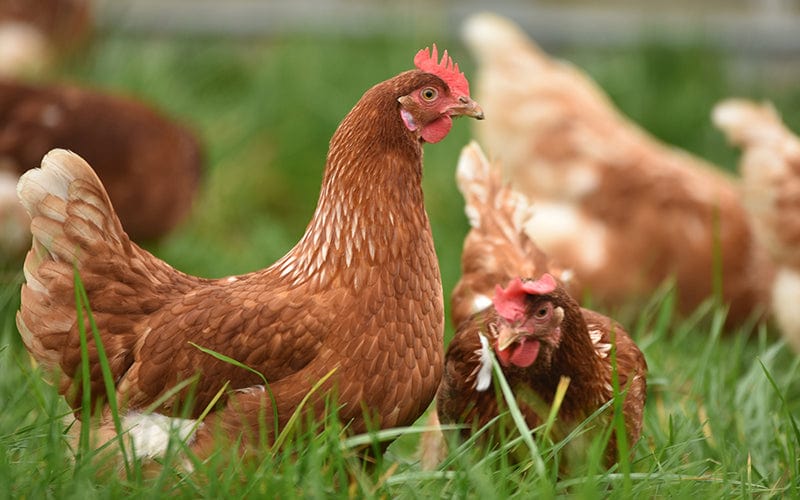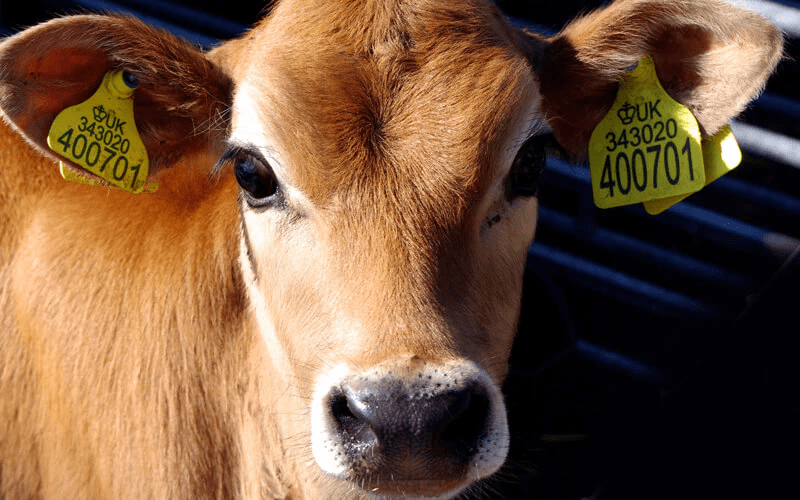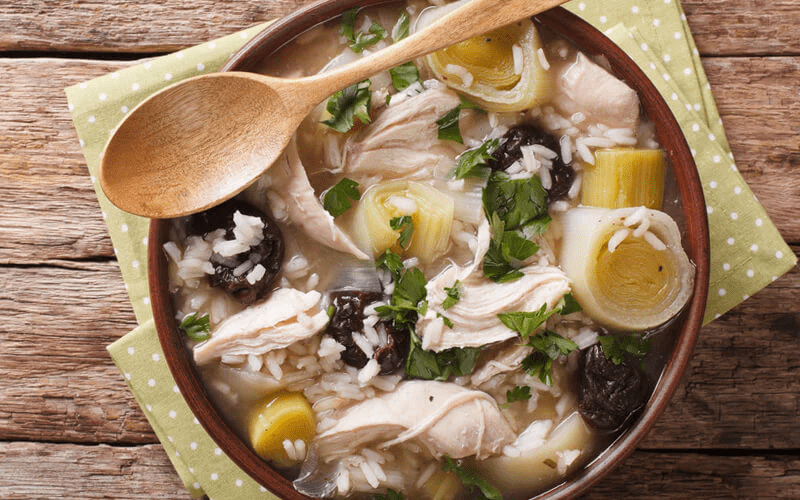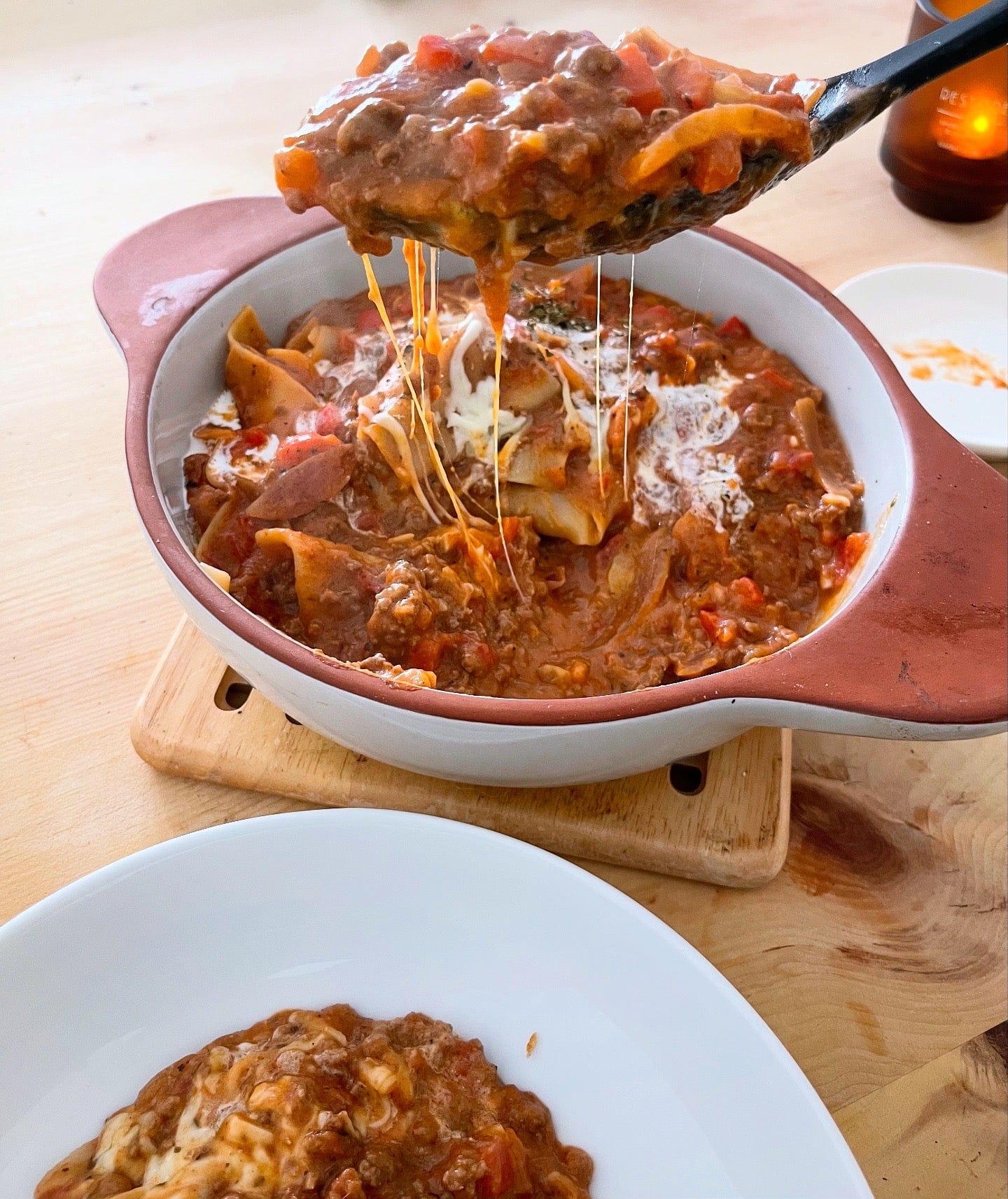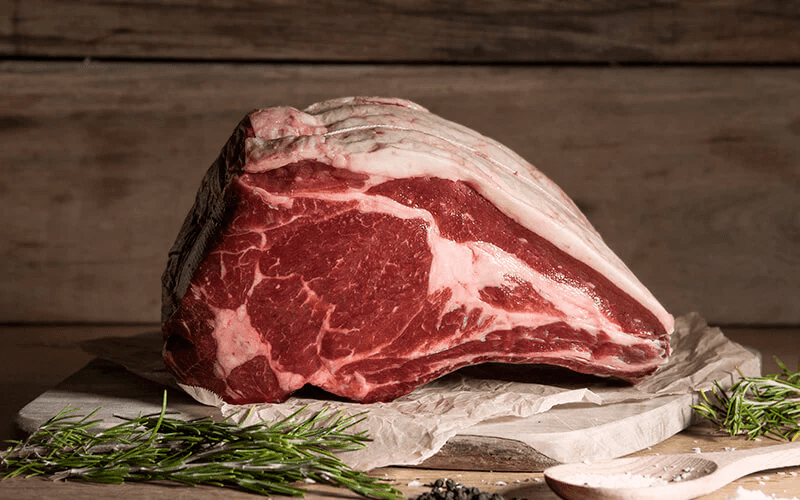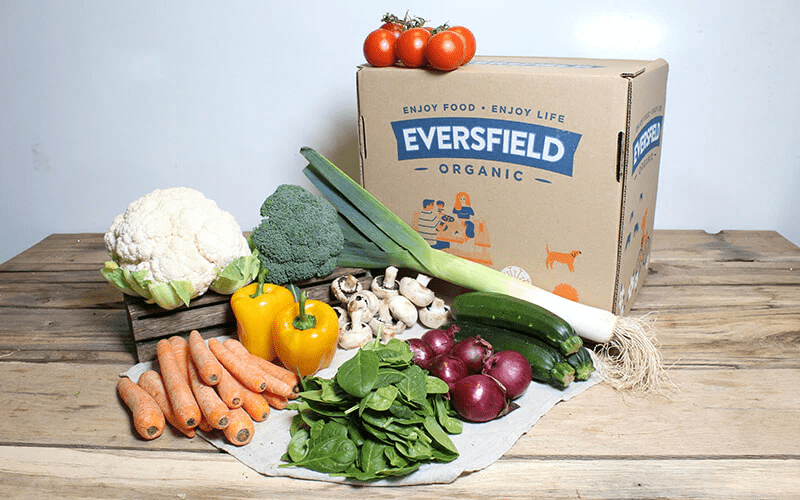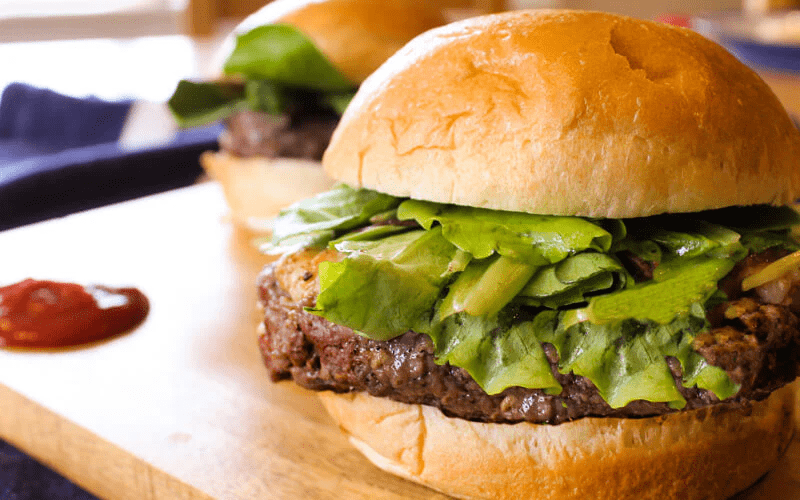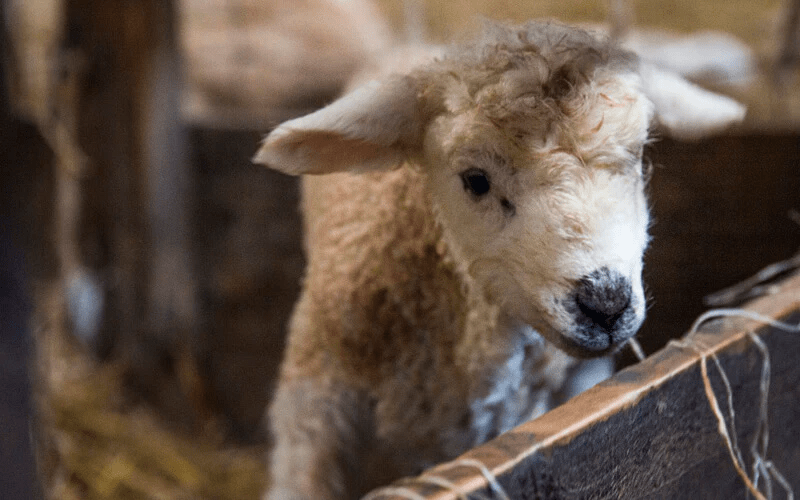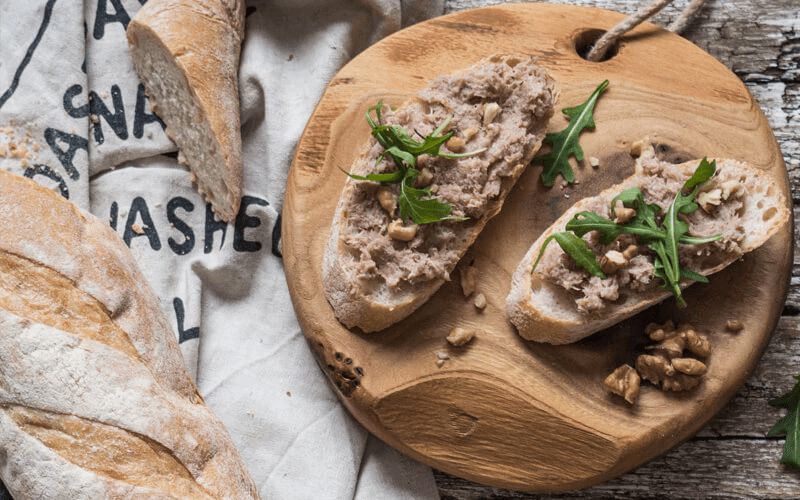Plotting for the Future
With our Head Market Gardener Laura Spring
Ahead of National Allotments Week, we’ve been chatting to our head Market Gardener Laura Spring to find out just how our team of expert gardeners are plotting for the future. The root of growing a great organic vegetable stems from a healthy, fertile soil composed of organic matter, as Laura explains…
What is National Allotments Week?
National Allotments Week is a week-long celebration to raise awareness for allotments and how they help people to live healthier lifestyles, grow their own food, make friends and boost communities. Starting back in 2002, the observance is still going strong 19 years later with interest in growing homemade fruit and vegetables is the strongest it’s been since the WW2 Grow for Victory campaign.
National Allotments Week 2021 runs from the 9th-15th August and this year the theme is Plotting for the Future. This theme aims to promote the contribution that allotments make to a sustainable future, which is something our head Market Gardener Laura knows a lot about.
Sustainable Soils
The idea behind organic growing is to bring in as little as possible and really utilise what the farm has to offer. Using the farm’s own resources to build our own biodiversity and healthy soils is a vital part of our closed loop sustainability system. The polytunnel in the Market Garden not only provides a protective environment for the crops to grow but is also the home of some repurposed farmyard soil and manure.
The raised beds in the polytunnel consist of organic soil from other parts of the farm, which provides an extremely fertile ground for planting and growing organic fruit and vegetables. This topsoil, which is about 6 inches deep, is enriched by farmyard manure which sits underneath and creates the perfect planning environment. Laura explains that the Garden uses very little other feeds, only occasionally seaweed feed and organic poultry manure, due to the sheer fertility of our organic farm manure.

Why Organic?
A good organic soil is packed with organic matter, yet still has room for beneficial microorganisms, air space, micropores and water holding capacities. A nutritious, organic soil is identifiable by its dark colour and has the natural ability to feed crops, as Laura explains.
Organic soil has a lot going on, and Laura describes it as a living thing. We choose organic soil for a higher quality of organic vegetables, fruit, herbs and edible flowers, plus these soils require less water. Our crop this year has been successful due to working our soil, keeping it weed free and feeding it only the best organic fertiliser.
Watch our head Market Gardener Laura Spring talk about our organic soil in the video below.
Nutritious Soils Make Nutritious Crops
As Laura says, this year our crop has been very successful. The effort from our team of expert gardeners to keep the soils in top condition has seen the production of a whole heap of healthy, nutritious and above all organic food.
Our Farm Shops in Tavistock and Totnes welcomed some pink, red and purple organic potatoes, plus a whole range of very different looking organic cucumbers including White Wonder and Marketmore varieties. The Garden has also seen some new Patty Pan squashes, which they are hoping will produce a good crop this season. Patty Pan squashes also keep well after harvesting, for weeks (or sometimes months) like most other squashes and pumpkins.

Head to the Eversfield Organic farm shops in Tavistock or Totnes to shop our range of Market Garden organic fruit and vegetables. Sample our organic food, including Market Garden grown edible flowers, at the Dartmoor Inn, Merrivale open for Breakfast, Lunch and Dinner and the Totnes Farm Café & Bar. Of course, you can always order your own organic vegetable box in your next online grocery delivery.



